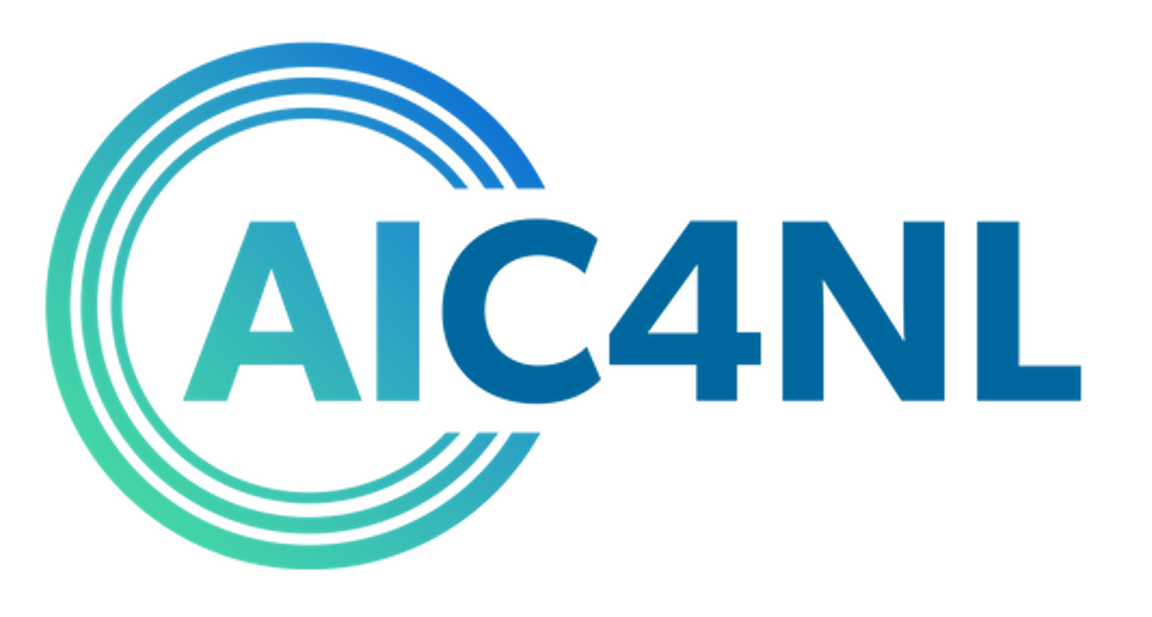AI in patent writing
For teams managing the complex, technical process of drafting patents, AI provides a strategic advantage. Writing precise, defensible applications takes time and care. Twin AI helps you work faster without compromising on quality or control.
We streamline the way your team drafts and checks patent documentation, from intake to submission. You focus on IP strategy and originality. We automate the rest.
Patent writing demands clarity, legal precision and technical accuracy. Small errors in structure or terminology can delay approvals or weaken protection. Every document needs to meet strict requirements while telling a strong and defensible story.
We understand these challenges. Our technology helps you draft faster, meet deadlines and maintain a higher standard. You keep full control while we handle the repetition, formatting and structure.
Automation in patent writing
Patent professionals often spend too much time aligning claims, descriptions and references. Templates help, but true efficiency comes from intelligent automation. That is where Twin AI fits in.
We deliver a complete workflow for patent writing that supports both speed and quality. You upload your materials and we generate structured content, check for issues and help you improve the result quickly. No complexity, no setup, just results.
AI-powered document intake
Upload anything you normally collect from inventors or tech teams. We extract and structure the key information for you.Smart claim drafting
We suggest structured claim language based on your examples or preferences. You get a clear draft to review and edit.Consistency checks and compliance
We check if claims are supported, language is consistent and formatting is correct. This helps reduce errors and review time.Knowledge reuse and referencing
Quickly find and reuse approved phrases from past patents. No more rewriting or digging through folders.
Twin AI makes AI accessible
You do not need to set up anything. Upload your notes, intake forms, past filings or technical summaries. We analyse what you provide and return a draft that is structured, compliant and ready to improve.
Twin AI helps your team move faster, stay consistent and work more effectively.
Why you should automate your writing
Fewer errors and better consistency

Better collaboration between stakeholders

Faster turnaround, fewer delays

Do you recognize any of these challenges?
Writing patents involves recurring bottlenecks that slow your team down and increase the risk of errors.
Tight submission deadlines
Twin AI delivers high-quality first drafts in minutes, helping you meet deadlines without last-minute pressure.
Time lost drafting long claims
Our AI generates well-structured claims based on your preferences, so you save hours on writing.
Inconsistent terminology
We ensure consistent language across claims and descriptions, reducing risk of rejection or misinterpretation.
Repeating the same content
You can reuse approved content from earlier patents instantly, eliminating repetitive work across documents.
Poor overview across filings
Twin AI gives you a clear workflow dashboard with version tracking, task status and outstanding input.
Unclear or incomplete intake
Simply upload notes or technical summaries, our system extracts what’s relevant and prepares a working draft.
High review and legal costs
We flag structural issues, missing logic and formatting gaps before the legal team even sees the draft.
Difficulty reusing past work
Search your knowledge base by topic, phrase or format and instantly retrieve useful past content.
Frequently asked questions
We generate structured, high-quality first drafts in minutes based on your input. Our platform focuses on clarity, consistency and accuracy, so you can move faster while keeping full control of the result.
You can upload technical summaries, notes or raw intake documents directly. Twin AI extracts the relevant content, identifies key claims and structures your draft accordingly. No formatting or pre-work is required.
AI can follow legal structures when provided with examples or clear formatting patterns. It performs best when trained or guided using structured content, allowing it to mirror sections like claims, abstracts and descriptions accurately.
We align the use of terms across all sections, claims and descriptions. Twin AI checks for repetition, shifts in meaning or incomplete definitions and highlights inconsistencies before they cause review issues.
AI can detect missing support for claims, inconsistent terminology, and formatting errors. It is useful for identifying gaps early in the drafting process and reducing time spent on manual checks or repeated revisions.
AI can suggest the logical structure of claims and generate phrasing based on known examples. The human expert remains responsible for legal interpretation, refinement and strategic positioning of the final claim language.
Our system can support a wide range of filing types and jurisdictions. Whether you write for national authorities or PCT filings, Twin AI adapts the structure to match formal and legal standards.
Of course we can. We automatically check for incomplete sections, mismatched claims and inconsistencies between parts. This helps you fix issues early and avoid delays caused by late-stage corrections or rejections.
The more context the better. Technical summaries, previous filings, invention disclosures or annotated intake notes all help AI produce more accurate drafts. Content does not need to be clean or formatted; it can handle messy input if context is clear.
The key is to review AI output through the lens of past examiner responses and formal requirements. Legal and technical oversight is essential. AI can assist with structure and clarity, but human review ensures compliance and strategic framing.
All data is stored on our private servers in Frankfurt. We do not train on or share your files. We follow strict GDPR-compliant processes and aim to be ISO-certified by early September. For more information about our ISO-certification, we refer to our Trust Center.








